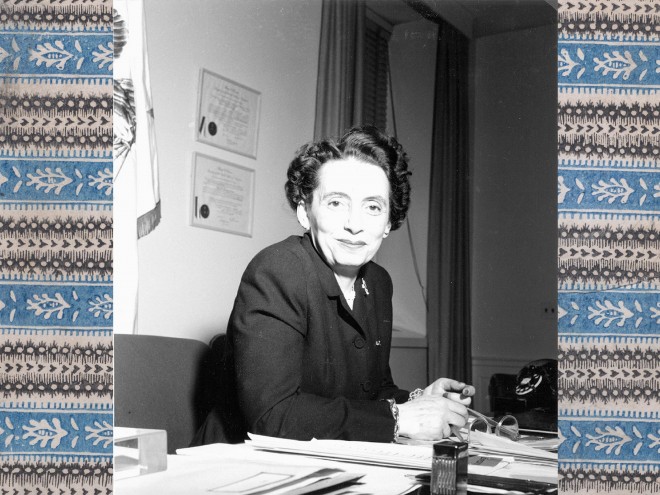The sad reality often repeated is that the survivors of the Holocaust and the remaining eyewitnesses will all soon be gone. With this in mind, a vast collection of oral and written testimony now exists and includes the memories and experiences of young American soldiers encountering the death camps in Hitler’s Germany at the war’s end.
Hell Before Their Very Eyes by gifted military historian, John C. McManus is a gripping and lucid addition to the scholarly literature chronicling the entry into concentration camps by the liberating U.S. Army in the spring of 1945.
McManus makes superb use of these traumatized soldiers’ eyewitness accounts of their entry, as one put it, “thru the back door of Hell.” Despite living at a time when anyone can download a video clip of an ISIS beheading, the harrowing descriptions of what these soldiers encountered in Ohrdruf, Buchenwald, and Dachau still defy the imagination regarding the depths of human depravity and the capacity for unbridled sadism and limitless evil.
Now in their 90s, these army veterans remained haunted by the horrors they saw — and smelled. Again and again, McManus offers the reader descriptions of the soldiers’ utter incomprehension, crippling nausea and sense of unreality as they made their way thru huge piles of charred, emaciated corpses and body parts. They describe being greeted by half-dead skeletal ghostly survivors and being shocked and devastated at what the “civilized” Germans had done to millions of innocent men, women, and children.
To their great credit, these soldiers, who for years refused to speak about what they saw, came forth to be certain that no one should be believed who denied the facts of the genocide of the Holocaust. These morally courageous men followed the lead of their commander, General Eisenhower, in preserving and sharing the horrors they endured and witnessing in April of 1945. Survivors and their families have expressed enormous gratitude to liberators for ensuring that the world learned firsthand about the annihilation of European Jewry. Those possessed by unconditional hatred of Jews will never be convinced that the Nazi war against the Jews took place. Nevertheless, this extremely well researched and powerful volume should be of great benefit to high school and college students studying the Holocaust as well as a broader readership seeking these unique firsthand accounts of the American Army’s liberation of the death camps.
Related Content:





